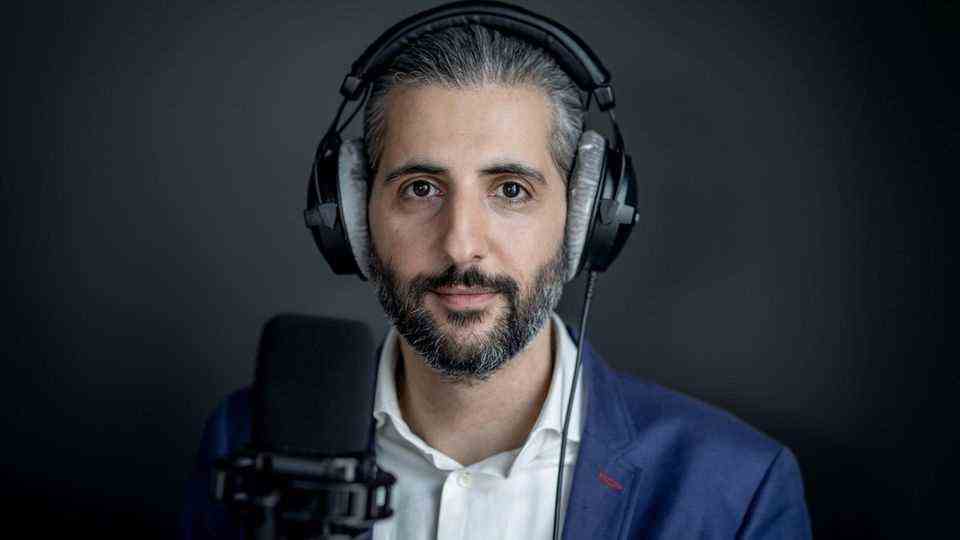Podcast
“important today”
Is recycling for the bin? Why our brand new sneakers end up in the trash
Sneakers from different shoe manufacturers are in a shop window
© Christoph Hardt / Geisler-Fotopres / Picture Alliance
Hand in a bag of old clothes and shoes to save on the next purchase: With large fashion chains, consumers can buy a clear conscience. A large-scale experiment now shows that the shoes handed in and our returns mostly end up in the trash.
Don’t miss an episode of “Important Today” and subscribe to our podcast at: Audio Now, Spotify, Apple Podcasts, Deezer, Castbox or in their favorite podcast app. If you have any questions or suggestions, write to us at [email protected].
H&M, Nike, Zara: Numerous brands advertise that they want to become more sustainable – and even take back old clothes in order to allegedly recycle them. “Flip” editor-in-chief Felix Rohrbeck, in cooperation with “Zeit” and the NDR, presents an experiment for “heute important”: the sneaker hunt. Eleven celebrities send their shoes back to the manufacturers or hand them in at official locations where they should actually be recycled. The opposite happens: even new goods often end up in the trash.
Landfill instead of recycling loop
“Nike itself says that they would not shred flawless shoes. (…) But the statement contradicts what we could see with our own eyes,” explains Rohrbeck. It starts with the design of new sneaker models: “This notion that you can take a shoe apart again into its component parts, and then you make something new out of it – that’s how you actually imagine recycling – that doesn’t work at all, the way shoes are designed at the moment. ”
A lack of staff creates problems in intensive care units
After a 20-month pandemic, the nursing staff in German intensive care units are mentally and physically at their limit. The main problem at the moment is not just a lack of beds – “there are too few nursing staff. Otherwise, more patients could be treated in intensive care,” reports RTL reporter Josephine Kahnt from Gera in Thuringia.
The remaining staff is with heart and soul, but the carers are looking forward to the next few weeks and months with “a queasy feeling”. The only hope: that more people will be vaccinated. In Gera, for example, three quarters of intensive care patients are unvaccinated inside. “Vaccination is a key, not the only one – caution is also required. (…) But vaccination is the right way to relieve the intensive care units,” warns a senior doctor at the Covid intensive care unit.


